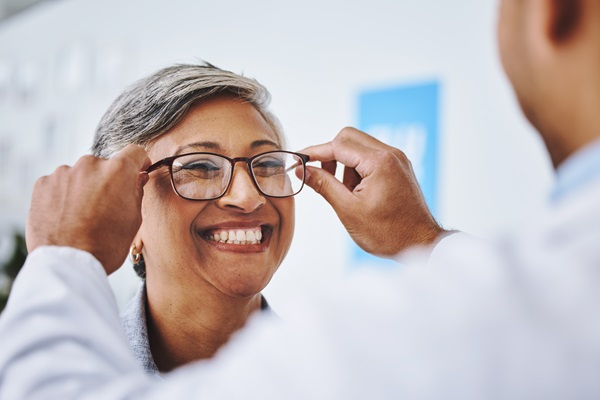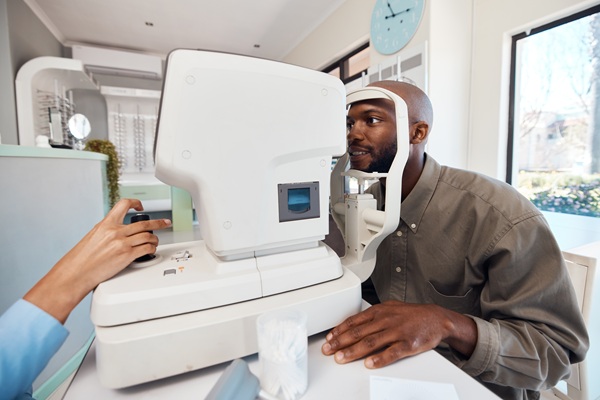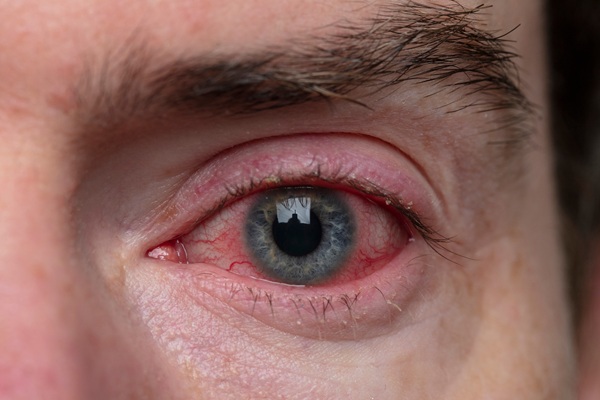How Do Regular Eye Exams Help With Eye Care?

Many people overlook professional eye care until they begin having sight issues. However, the eyes can often be seen as a window into the body's overall health. Therefore, regular eye exams go far beyond determining whether you need glasses or contacts. They are essential for preserving your health and often provide early detection of other conditions inside the body.
Understanding the role of the eyes
The eyes are organs responsible for sensory functions and often communicate to the brain that the body needs to focus or react. Therefore, it is important to pay close attention to and care for each layer of both eyes, which comprises six pairs of cranial nerves. These nerves are responsible for manifesting movements, reflexes, and vision.
What medical conditions can be identified during eye exams?
Some conditions affect the body's organs, while others only affect specific systems. Either way, one's eye health depends on the health of the rest of the body. However, some conditions can occur without causing dramatic symptoms and can only be revealed in their later stages or if a medical professional is looking for them. Some that impact eye care and health include:
- Aneurysms
- Brain tumors
- Cancer
- Diabetes
- Lupus
- Multiple sclerosis
- Strokes
The American Academy of Ophthalmology reports that over 20 medical conditions can be identified through routine eye exams.
Conditions that solely affect the eyes
Aside from these medical conditions, the optometrist can differentiate those that solely affect the eyes, which at times can be more obvious to patients than underlying medical conditions, such as:
Astigmatism
This condition has less to do with eye care and more with the shape of the eye. Astigmatism is characterized as a refraction error, as the shape of the eye is more curved than it should be. It can cause blurred vision and sensitivity to light.
Blindness
The earlier vision loss is detected, the better the chances of receiving the necessary eye care to stave off total blindness, as the condition usually occurs in stages.
Cataracts
This condition manifests as cloudy fields or areas that form on the lenses of the natural eyes. It is a result of broken-down proteins that make up the clear, flexible lens of the eye.
Color blindness
When some of the eye's nerve cells are missing or damaged, one may misinterpret colors and shades or brightness levels. However, this condition does not typically affect one's eye care.
Glaucoma
When fluid builds up behind the eye, it can damage the optic nerve, causing glaucoma. Improper eye care in those with glaucoma can result in partial or total vision loss.
Hyperopia or myopia
Hyperopia refers to patients who see better far away, otherwise known as farsightedness. Myopia refers to patients who see better with objects close up, otherwise known as nearsightedness.
Macular degeneration
When one cannot see an object directly in front of them, but only those past it or around it (peripheral vision), the macula and retina may have been infected.
How often should patients receive an eye exam?
While frequency can vary depending on specific eye care needs, the American Optometric Association, or AOA, recommends eye exam schedules based on patients' ages. Eye exams are necessary every two years for patients under six years old. Annual eye exams are recommended for people between six and 18 years old. After age 18, one's eye and organ development will come to a standstill for some time. Therefore, they can begin receiving eye exams every two to three years until the age of 65.
What happens during an eye exam?
The specifics of an eye exam will vary depending on the body's overall state and the level of eye care the patient currently needs. However, basic tests will set the foundation for every evaluation. At the beginning of the appointment, the optometrist may find it necessary to use special eye drops to help dilate the eyes. They will use machinery and tools to evaluate each layer of the eyes and how they function, checking for general signs of infection or inflammation, visual acuity (how well the eyes can see), and the curvature of the cornea and lens. The optometrist will also check the patient's ability to focus on an object at various points in the room and how well they work together.
Exams can take 25 minutes to an hour, depending on the optometrist's findings. They will provide recommendations for optimal eye care and whether prescription glasses or contact lenses are necessary. If so, the patient will have options before they leave. They can choose prescription glasses or contacts, which will be made in an offsite lab and ready for pickup at the office in about two weeks.
Receive optimal eye care in the Dallas area
Preserving your eye health is one of the best things you can do for your overall health. So, make sure to undergo an evaluation before there is an issue with your vision. Optimal eye care is available in the Dallas area. Contact our office for more information.
Request an appointment here: https://www.texasoptical.net or call Texas Optical at (214) 771-7333 for an appointment in our Dallas office.
Check out what others are saying about our services on Yelp: Read our Yelp reviews.
Recent Posts
Contact lens exams are fundamental to maintaining clear vision and promoting overall eye health. Many individuals rely on contact lenses for daily activities, sports, and social events, yet consistent monitoring of lens fit and eye condition often receives less attention than it deserves. An optometrist specializing in evaluating the cornea, tear film, and general ocular…
Red, irritated eyes can result from something as simple as fatigue or dryness. However, persistent or severe symptoms may indicate a more serious condition requiring red eye treatment from an optometrist. Understanding when those everyday symptoms become something more serious is key to protecting long-term vision and avoiding complications. Catching the signs early on and…
Vision health is an important part of your everyday life. When urgent and unexpected issues arise, you must seek emergency eye care from an optometrist. Whether the issue results from trauma, infection, or sudden changes, immediate attention from an optometrist can prevent complications and preserve your long-term ocular health.Individuals may need emergency eye care for…
A myopia optometrist can help manage and slow the progression of nearsightedness, especially in children and young adults. Nearsightedness, or myopia, causes distant objects to appear blurry while close-up vision remains clear. Without proper care, myopia can worsen over time, leading to higher prescriptions and an increased risk of eye health problems.Myopia occurs when the…


